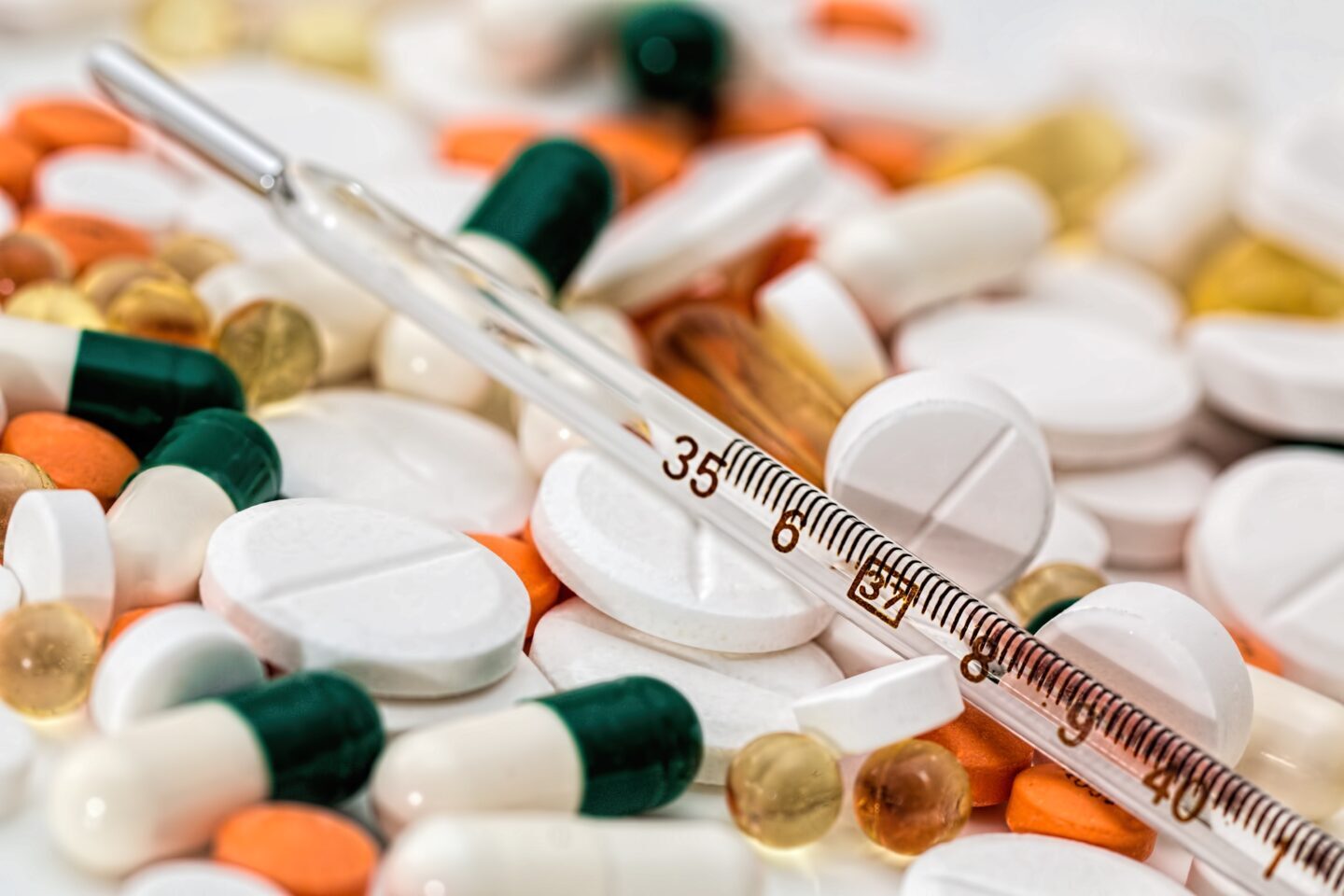
In recent years, testosterone therapy for women has gained popularity, fueled by self-styled menopause specialists on social media platforms like Facebook and Instagram, as well as celebrity endorsements. The claims associated with this therapy are numerous, ranging from transforming libido to reducing brain fog, improving energy and mood, staving off dementia, enhancing bone strength, and maintaining muscle mass. However, it is essential to scrutinize these claims and evaluate the available scientific studies before considering testosterone therapy for women.
Studies
Several studies have been conducted to investigate the claims associated with testosterone therapy in women. In 2005, a meta-analysis of 54 studies was conducted, followed by another meta-analysis in 2014 involving 35 studies. Additionally, the International Menopause Society released a study in 2019. Surprisingly, these studies did not find substantial evidence to support the claimed benefits of testosterone therapy for women. Therefore, it is crucial to approach these claims with skepticism.
Exploitation
Women may be susceptible to exploitation through the push for hormone gels as a one-size-fits-all solution. Many hormone specialists promote testosterone therapy as a trendy treatment driven by social media influences. However, it is important to note that each individual’s hormone needs are unique, and a blanket approach may not be appropriate for all women.
Risks
While considering testosterone therapy, it is essential to be aware of the potential risks associated with it. These include excess hair growth, acne, greasy skin, voice changes, and clitoromegaly, which is the permanent enlargement of the clitoris. Hair loss from the head can also occur as a side effect. Furthermore, excessive testosterone levels in women can lead to symptoms similar to taking an anabolic steroid, including mood swings and rage. Moreover, increased muscle mass resulting from testosterone therapy can potentially increase the risk of heart disease and stroke.
How Testosterone Works
Understanding the role of testosterone in a woman’s body is crucial. Testosterone levels are typically three times higher than estradiol before menopause, with fluctuations occurring throughout the menstrual cycle and the day. Testosterone has various effects on the body, including increasing dopamine levels, which impact brain health and pleasure. Contrary to popular belief, testosterone levels do not decline sharply during menopause but research suggests levels gradually decrease during a woman’s ovulatory years. Moreover, studies have shown that testosterone levels remain stable right before and after menopause, and they even increase slightly in a woman’s 70s.
The greatest lowest levels of testosterone in a woman’s body are before the age of 25.
The source of testosterone in women comes from different tissues. Active androgens include: DHEA-S, DHEA, androstenedione, testosterone, dihydrotestosterone. Approximately 25% is produced by the ovaries, another 25% by the adrenal glands, and the remaining 50% is converted from peripheral tissues. The conversion process is lengthy and goes through several stages in the body with testosterone ending up in the blood which is then converted to an active form through another process ending in estradiol.
Considerations
One of the key considerations when prescribing testosterone therapy is that hormone levels alone do not determine the importance of a hormone. The effects of a hormone depend on the presence of appropriate receptors, and only unbound testosterone can act on tissues. However, unbound testosterone levels are significantly lower than estradiol levels in women. This raises questions about the necessity and significance of testosterone therapy before menopause.
Levels alone do not determine the importance of a hormone.
Trials exploring the benefits of testosterone therapy have yielded mixed results. Some trials have suggested that it can improve sex drive, but case studies have refuted its efficacy in improving cognition, bone health, muscle wasting, and mood.
When considering testosterone therapy, it is important to assess the individual woman’s situation. Low libido may be attributed to various factors, including mental and physical health, which should be addressed before resorting to hormone therapy. Moreover, the response to testosterone therapy varies among women, with levels not always correlating with symptoms. Trials have shown that libido improvement may occur within four weeks, peaking at around three months. However, the overall effect is considered moderate at best, and if no improvement is observed within six months, discontinuation of therapy is recommended.
Motivations & FOMO
It is crucial to be aware of the motivations behind prescribing testosterone therapy. Private practices that operate outside of insurance coverage may be profit-oriented, charging luxury prices for consultations and lab tests. It is important not to be swayed by the illusion that these private practices offer something superior when considering hormone therapy.
Experiencing FOMO (fear of missing out) is a common occurrence, especially when it comes to new trends in health and wellness. It is essential to conduct thorough research and consult with your primary care physician or an endocrinologist before making any decisions regarding testosterone therapy for women.
Conclusion
In conclusion, the claims surrounding testosterone therapy for women should be approached with caution. While some trials have suggested benefits such as improved libido, the overall scientific evidence does not strongly support the claims of improved brain function, energy, mood, dementia prevention, bone strength, and muscle maintenance. Risks associated with testosterone therapy should also be carefully considered. Ultimately, the decision to pursue testosterone therapy should be made on an individual basis, taking into account comprehensive medical advice and considering alternative approaches to address specific health concerns.
Want More?
If you want more, or simply want to listen or watch us, check out our podcast and YouTube here!
Sources
Is the Male Sex Hormone Putting Mid-Life Women at Risk?
Testosterone for peri- and postmenopausal women
Yen & Jaffe’s Reproductive Endocrinology – Physiology, Pathophysiology, and Clinical Management
Androgen levels in adult females: changes with age, menopause, and oophorectomy
Global Consensus Position Statement on the Use of Testosterone Therapy for Women
Testosterone Levels Don’t Drop Sharply in Menopause
The Role of Testosterone in Women’s Health
Gene CYP19a1 – Responsible for making enzyme Aromatase
Susan Davis Is testosterone the answer to low libido | INTERVIEWS WITH MARLA SHAPIRO – for women





